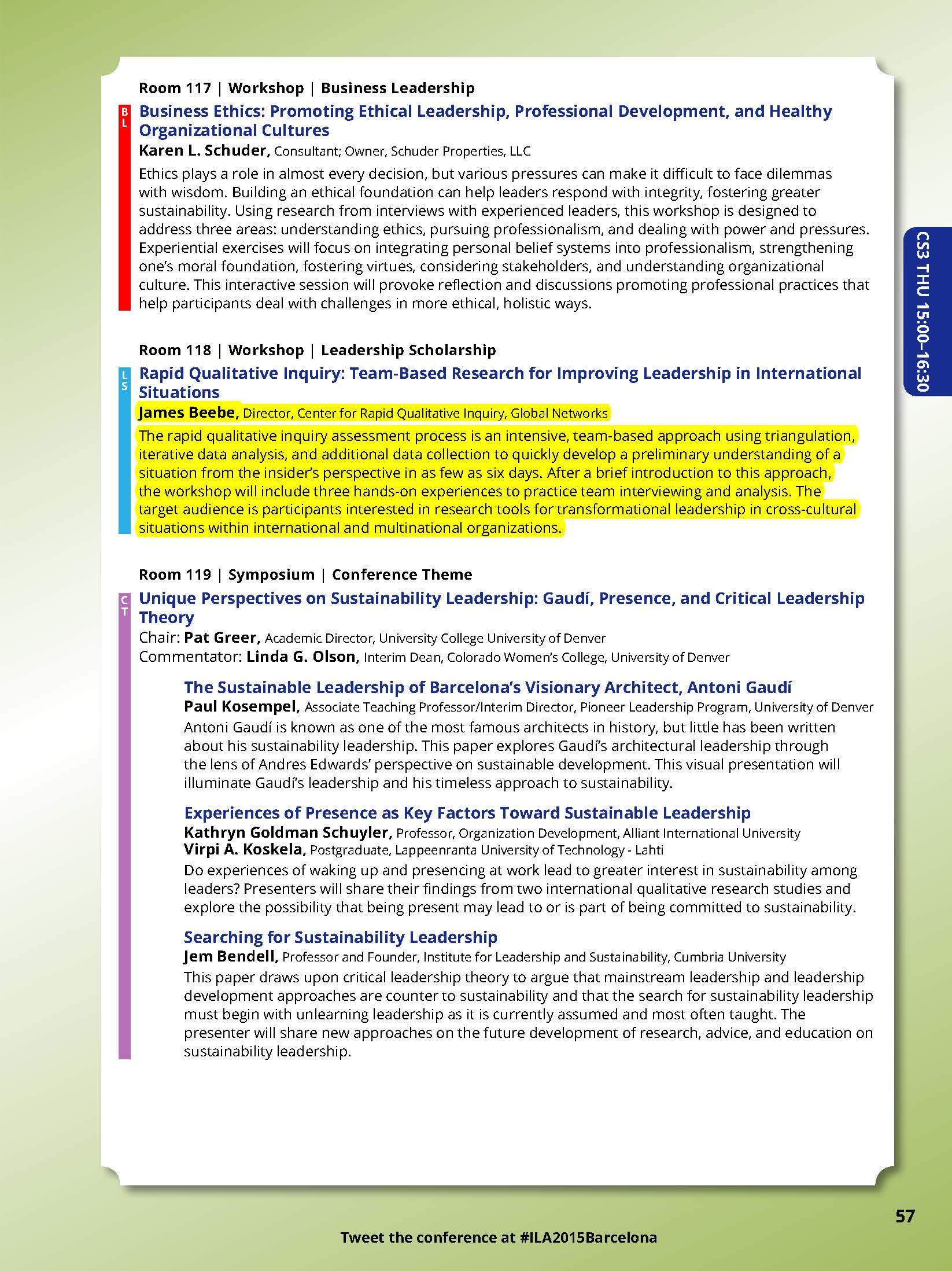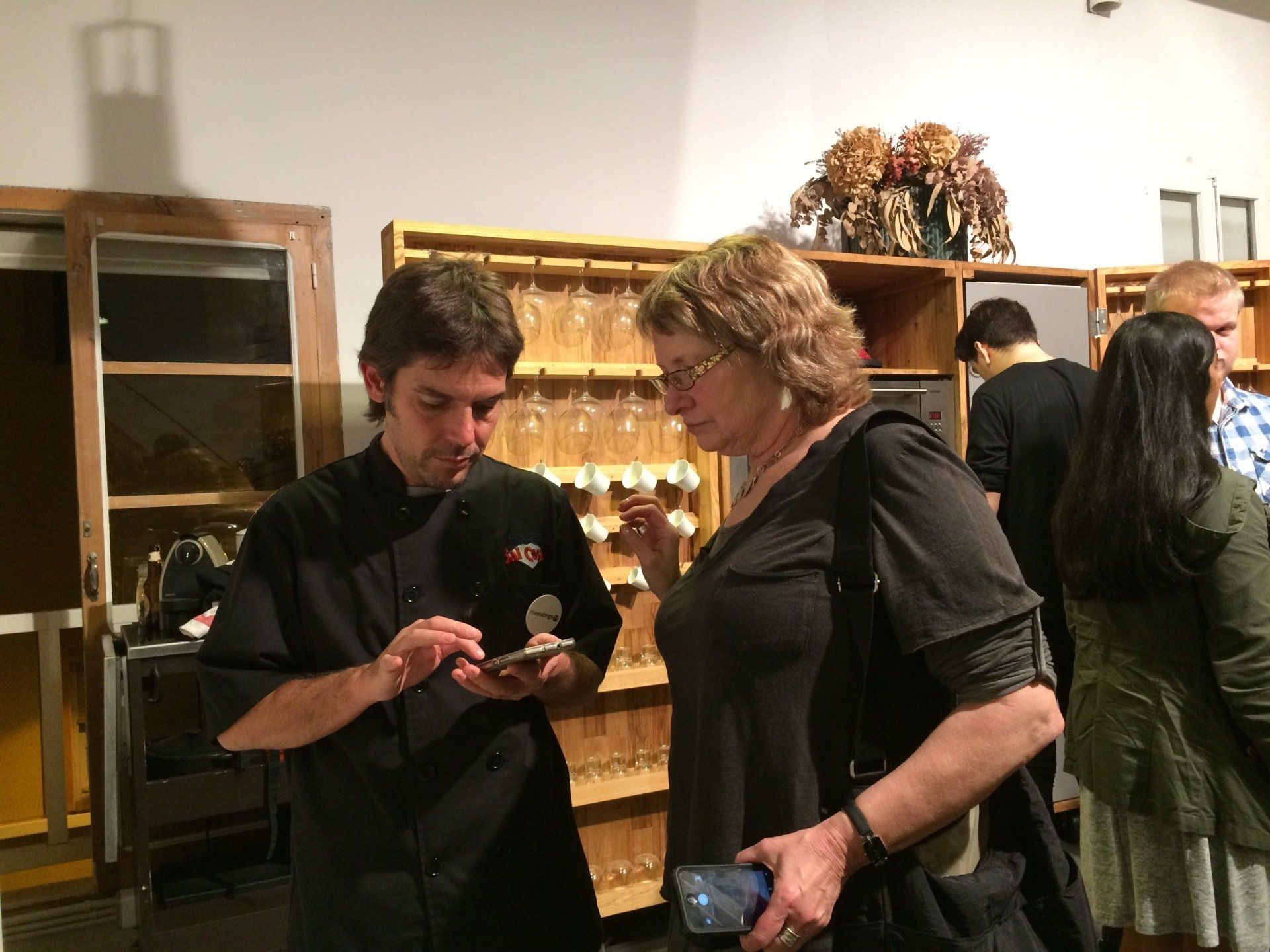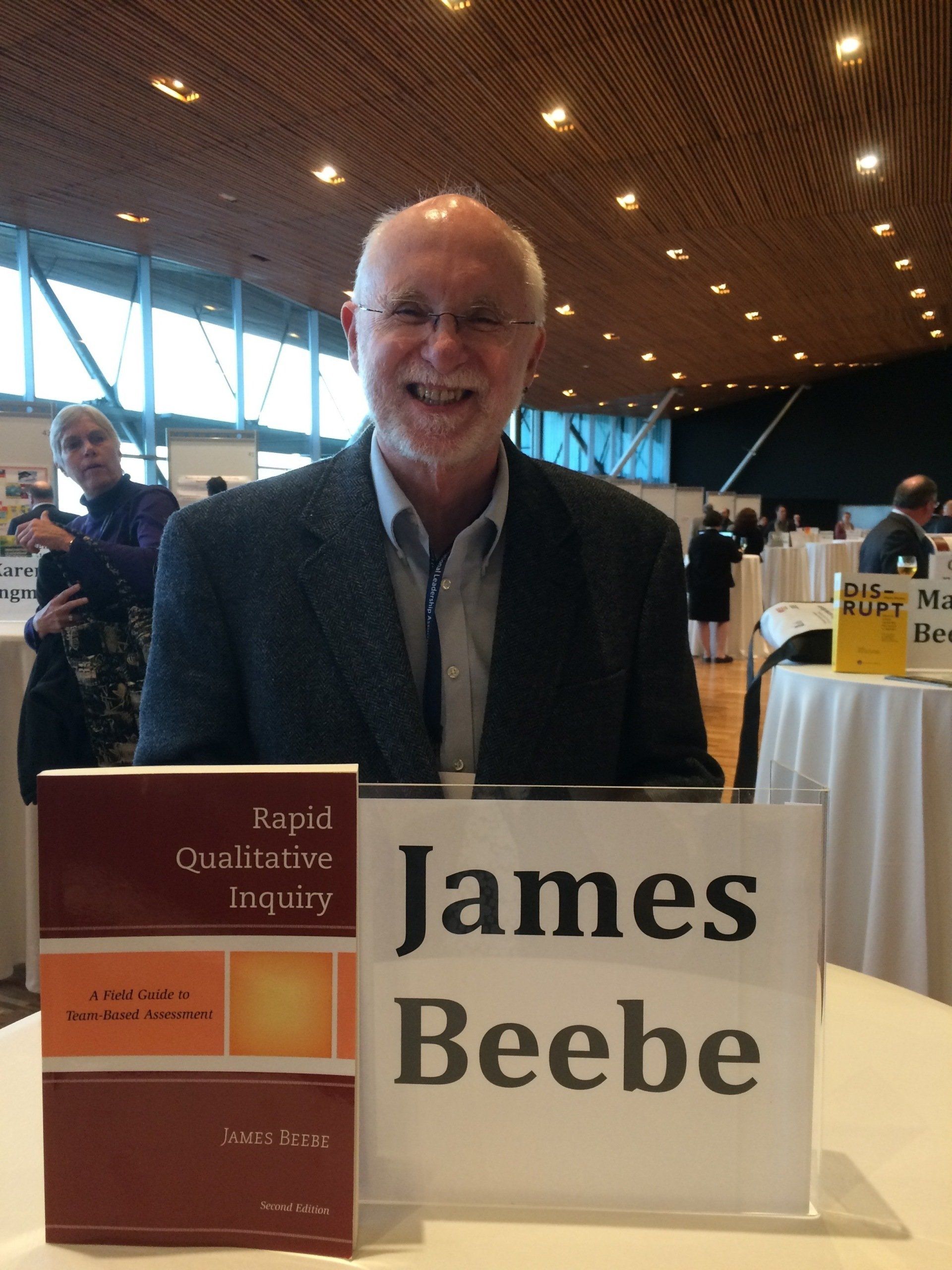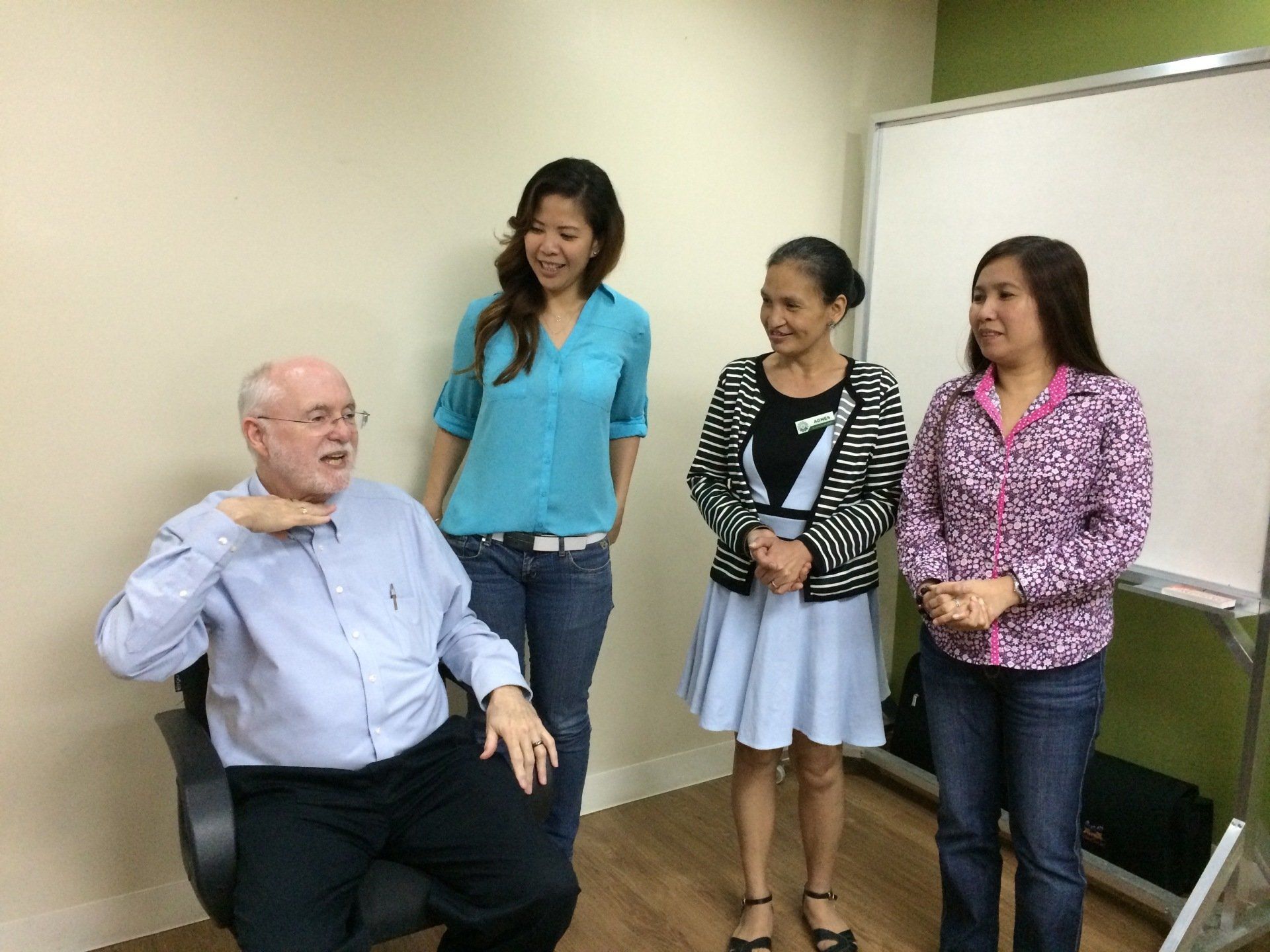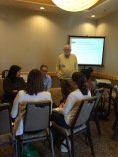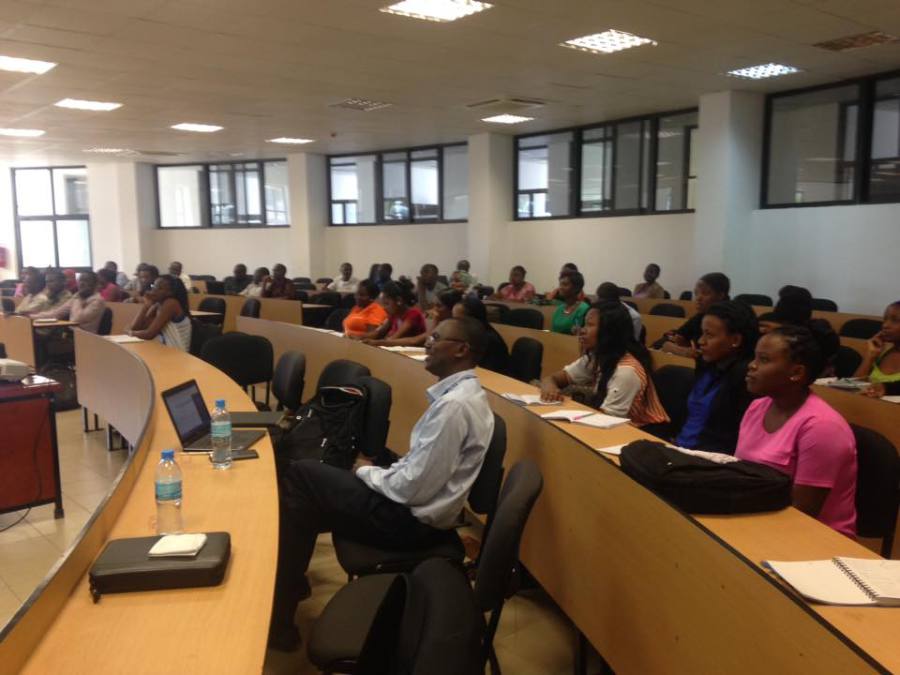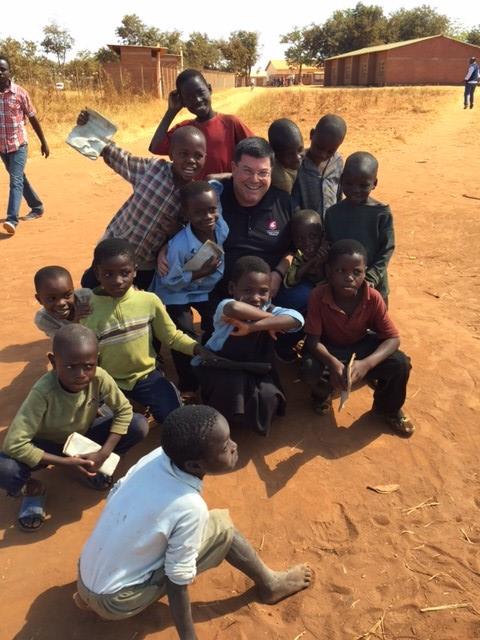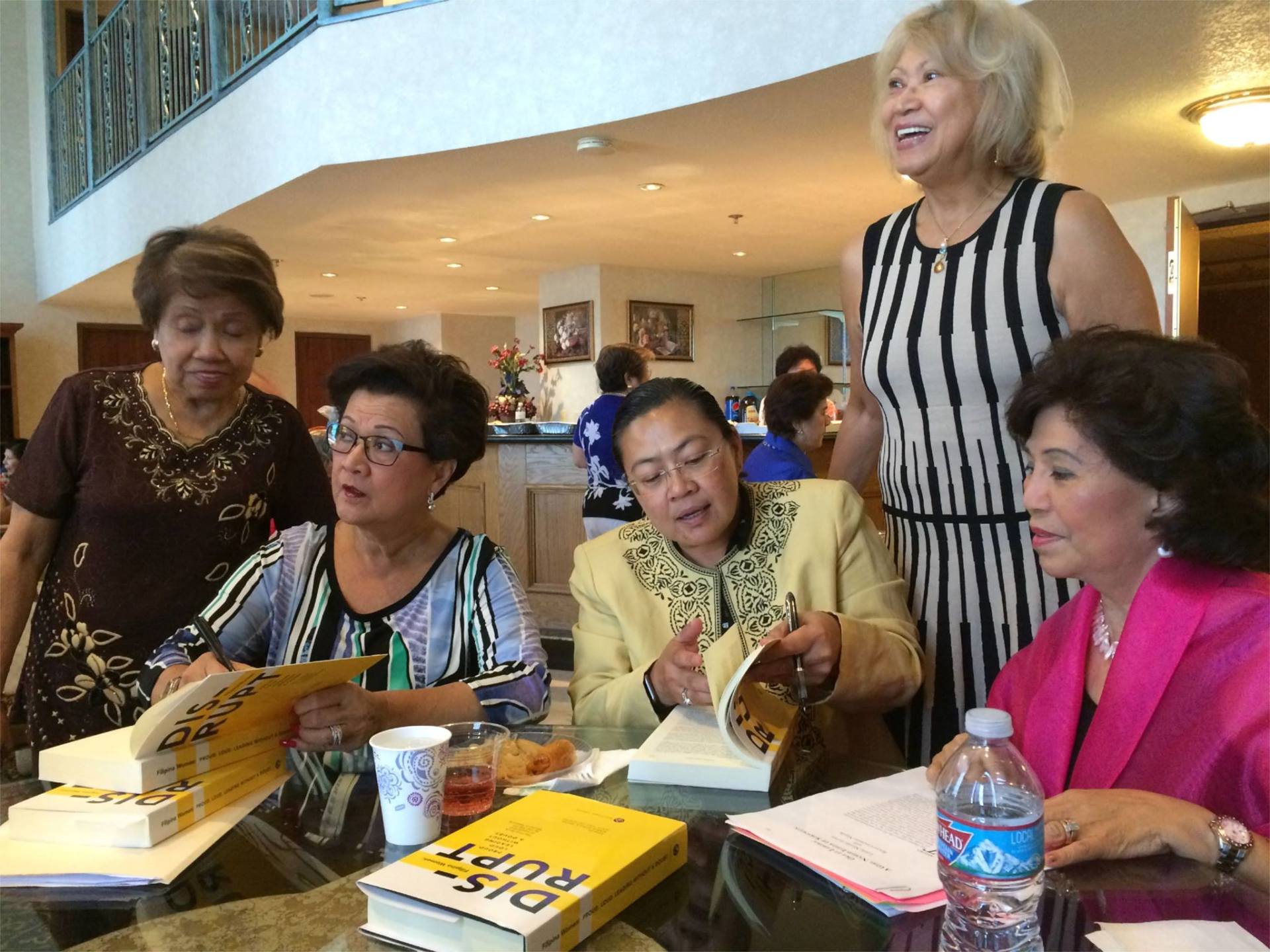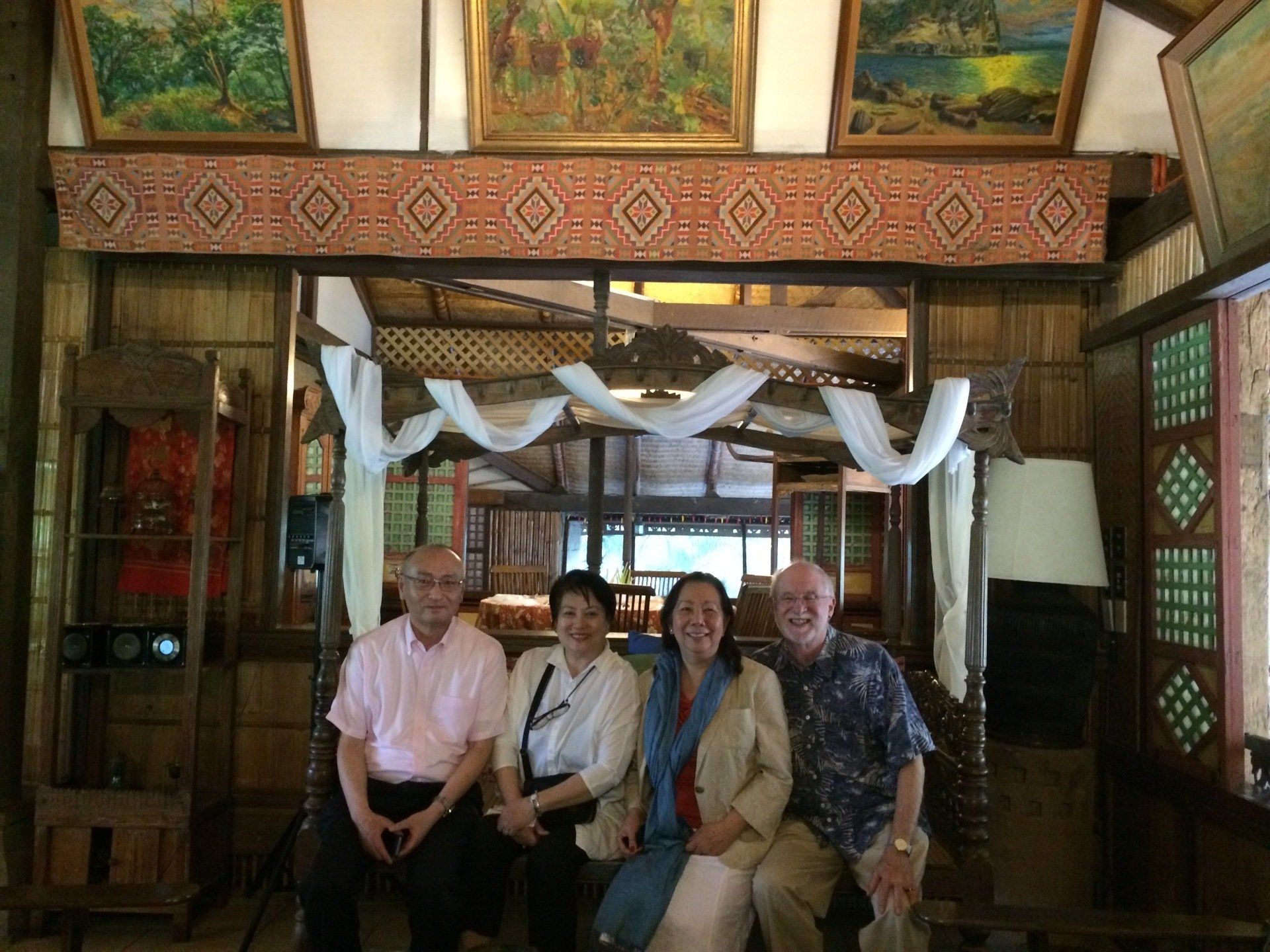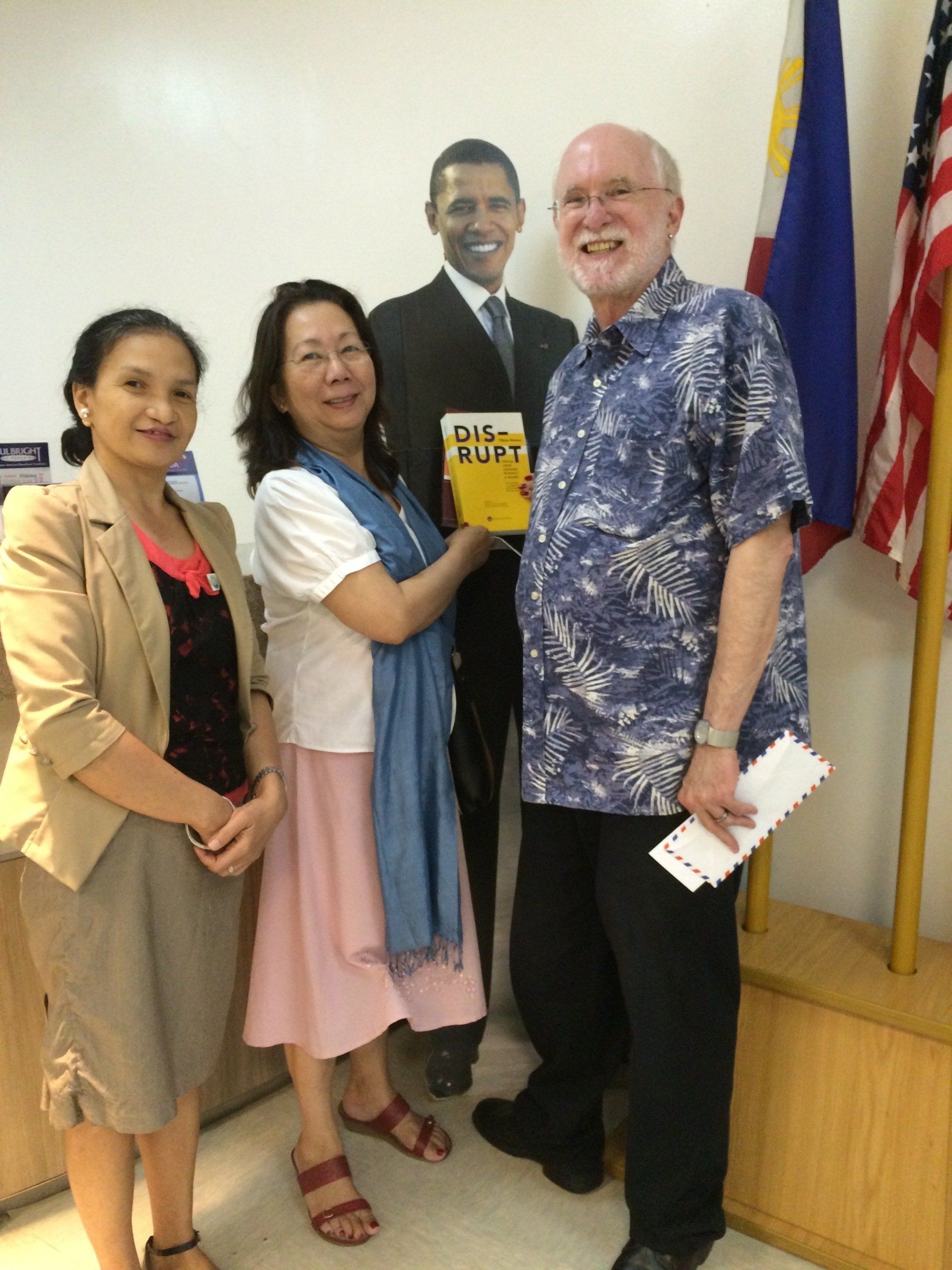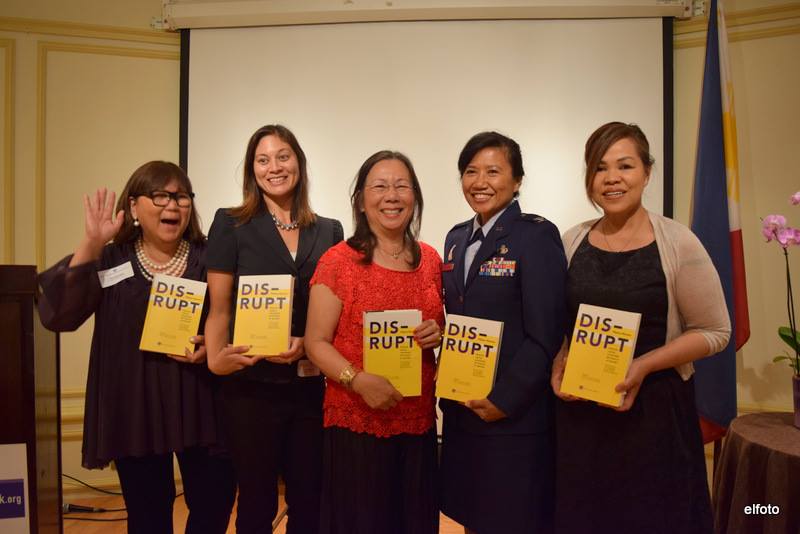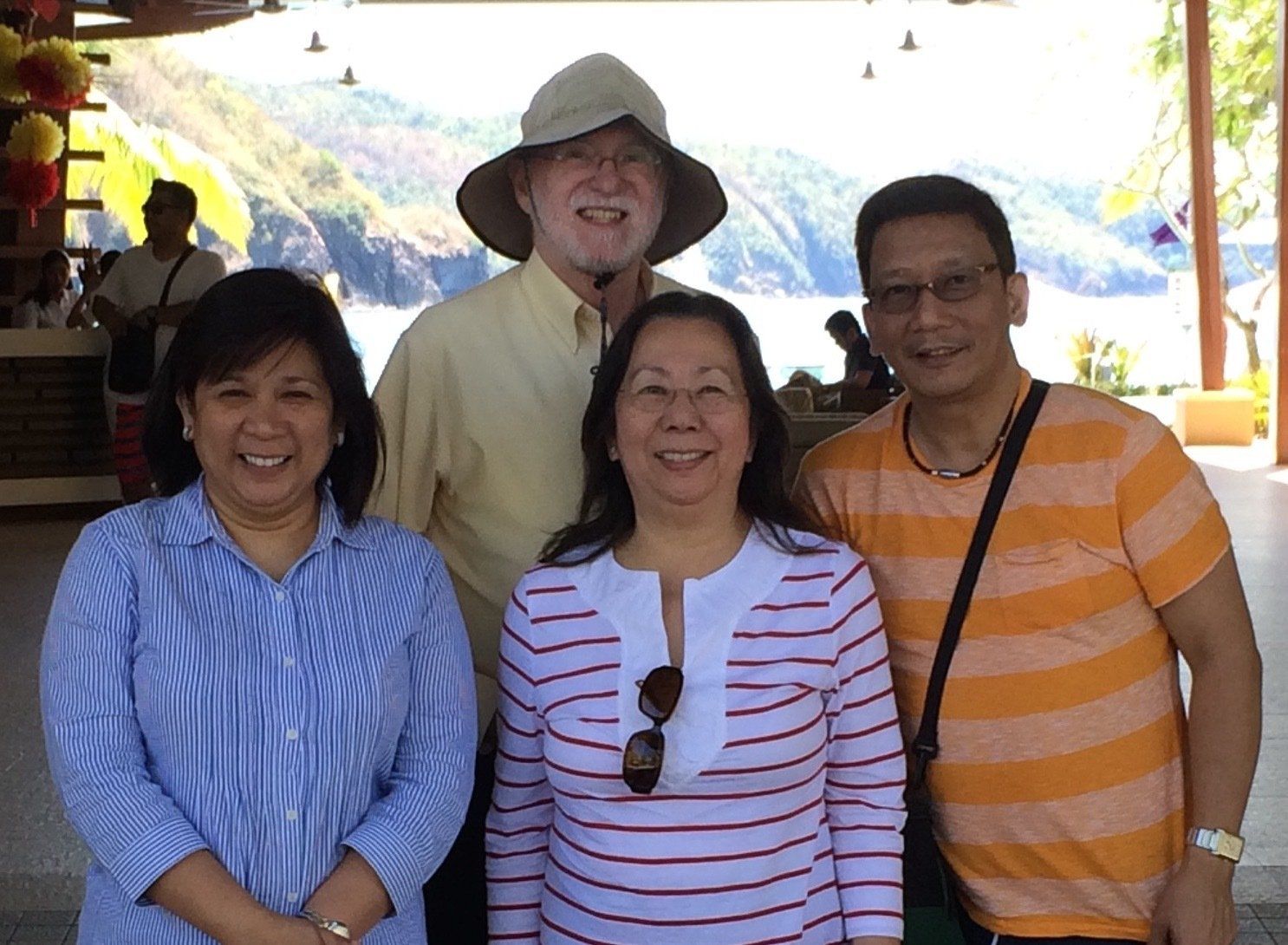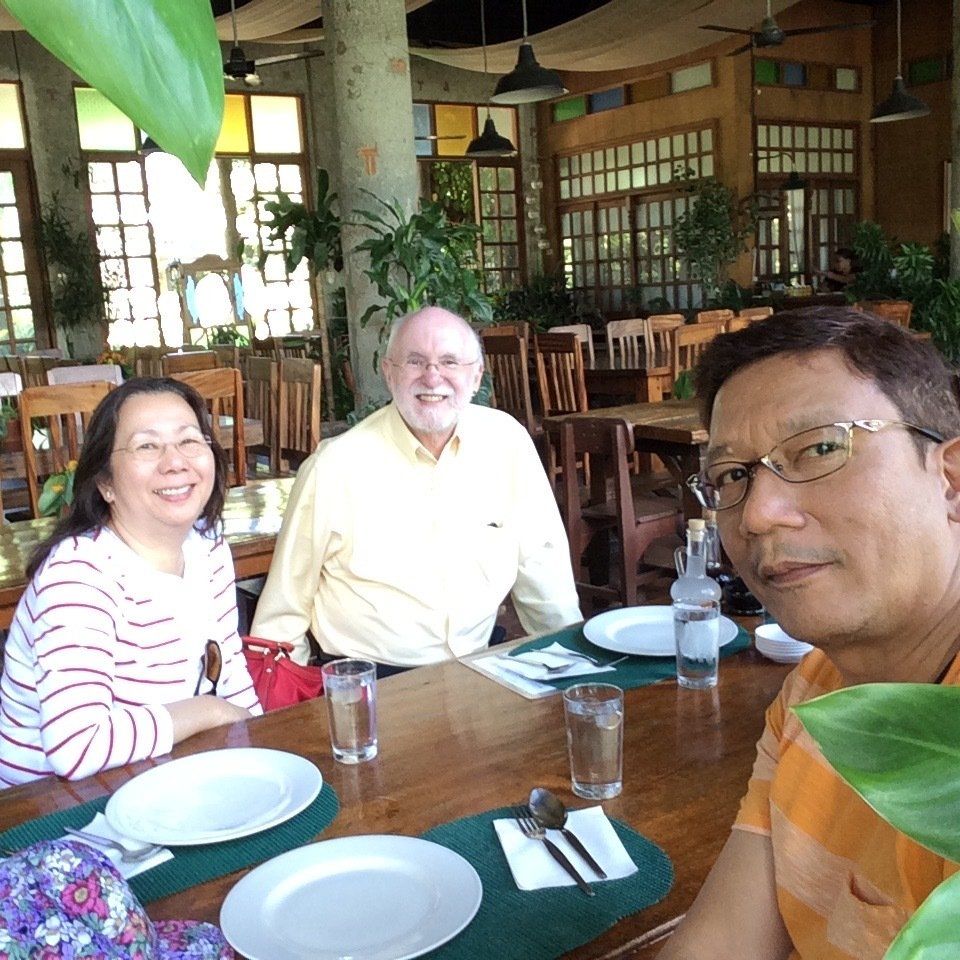IGF at Guadalajara, Mexico
Global Competencies Inventory & Intercultural Effectiveness Scale
Global Education Conference
DISRUPT 2.0. Filipina Women: Daring to Lead
University of Dar es Salaam
SFAA Annual Meeting
From Switzerland to Malawi
Ethnographic and Qualitative Research
Global Diaspora Week
Three principals of Global Networks made presentations at the International Leadership Association (ILA) conference on Leading Across Borders and Generations held in Barcelona, Spain on October 14-17, 2015. The Global Networks participation at the ILA was submitted and approved as an International Diaspora Engagement Alliance (IDEA) Global Diaspora Week 2015 event. Global Diaspora Week is a week-long celebration of diaspora communities and their contributions to global development.
ILA at Barcelona, Spain
Maria Beebe presented a paper about Diaspora Leadership: Filipinas Rising. The paper highlighted the leadership journeys of Filipina women in the diaspora while maintaining family ties and Filipino values. The paper examined the themes that comprise the why and how of leadership that make up the leadership repertoires of 35 women who shared their leadership journeys in Disrupt. Filipina Women: Proud. Loud. Leading without a Doubt.
Maria Beebe joined Rita Gardiner and Chanda Elbert for panel discussion on Navigating Leadership at the Intersections of Borders and Generations: A Collaborative Autoethnography. With the aim to advance theories of women and leadership by showing how an intersectional approach serves to articulate dimensions of the leadership experiences of women in diverse contexts, panelists explored and interrogated their experiences of leadership at the intersections of various identities, including gender, race, and class, situated within the larger sociocultural structures. Navigational strategies that may enable thriving and surviving leadership at the intersections of these socially constructed borders was emphasized. The discussion concluded with implications for research and praxis.
Jerri Shepard presented a poster entitled Interactive Bridges that Cross Time and Space. The poster drew on experiential pedagogies that provide venues for increased understanding of differing cultural worldviews that relate to leadership in various age groups across the globe. The Poster Presentation introduced participants to the teaching and learning of sensitive, politically charged issues related to cultural competence development. Images portrayed activities that demonstrate privilege, power, and differing perspectives by offering imaginative nontraditional approaches, which can lead to meaningful dialogue. Included were suggestions for face-to-face, online, and blended learning adaptation that include populations from varied generational and cultural settings.
James Beebe led a workshop on Rapid Qualitative Inquiry: Team-Based Research for Improving Leadership in International Situations. The Rapid Qualitative Inquiry assessment process is an intensive, team-based approach using triangulation, iterative data analysis, and additional data collection to quickly develop a preliminary understanding of a situation from the insider’s perspective in as few as six days. After a brief introduction to this approach, the workshop included three hands-on experiences to practice team interviewing and analysis. The target audience were participants interested in research tools for transformational leadership in cross-cultural situations within international and multinational organizations.
Finally, Disrupt. Filipina Women. Proud. Loud. Leading without a Doubt and Rapid Qualitative Inquiry: A Field Guide to Team-Based Assessment, 2nd Edition joined 35 other books at the Meet the Authors Reception at the International Leadership Association (ILA) conference in Barcelona on 16 October 2015.
The full ILA 2015 Program (pdf 9mb) can be downloaded from the ILA site.


